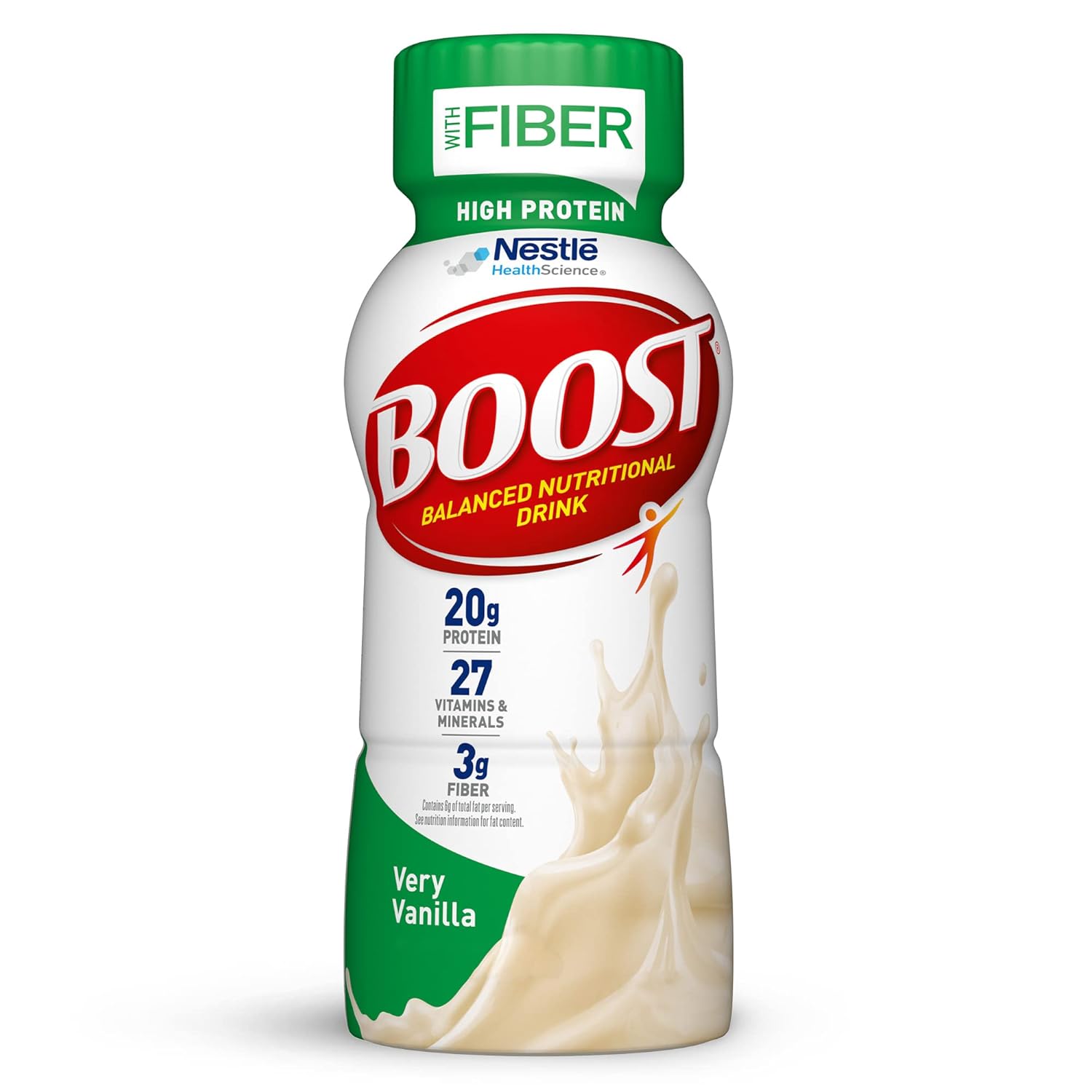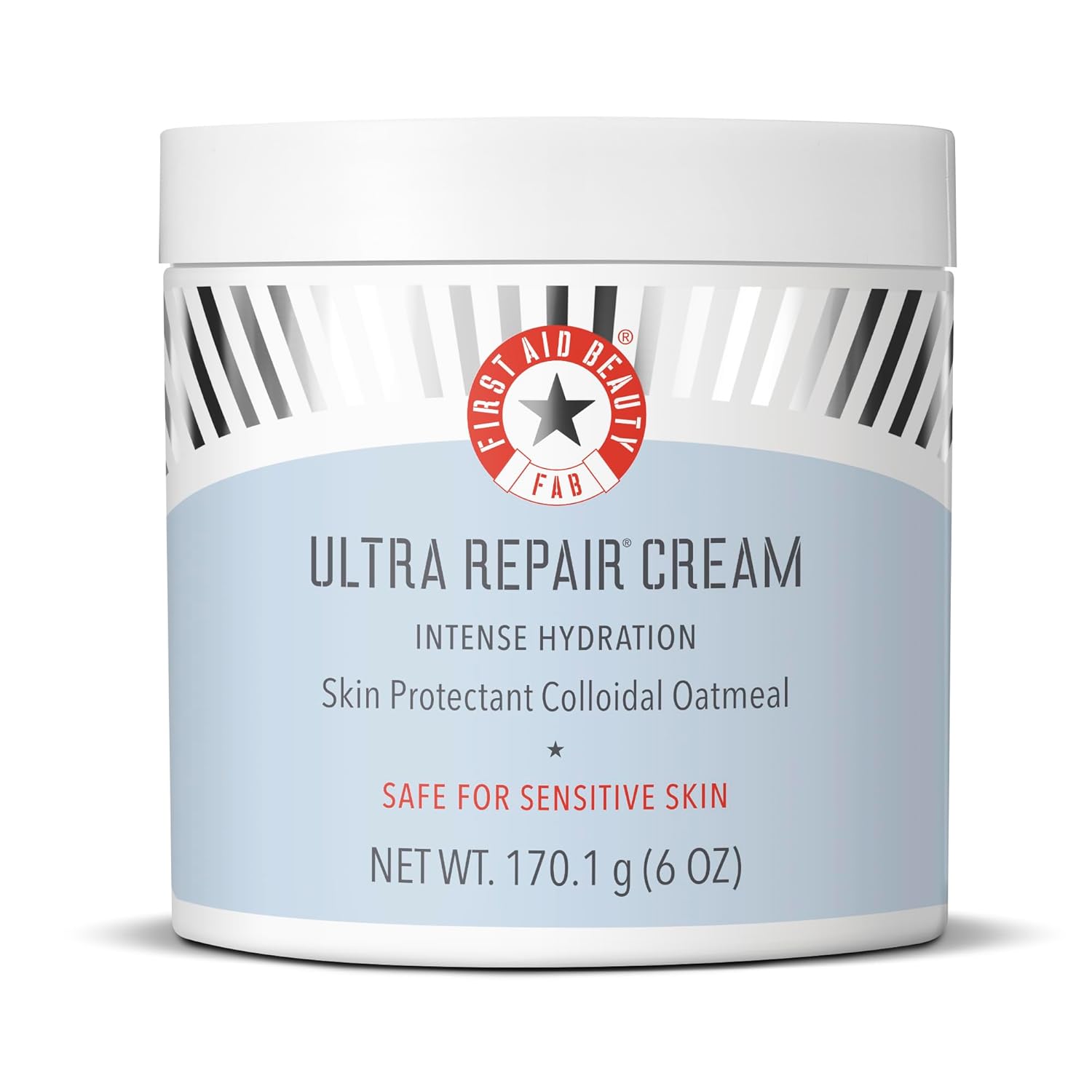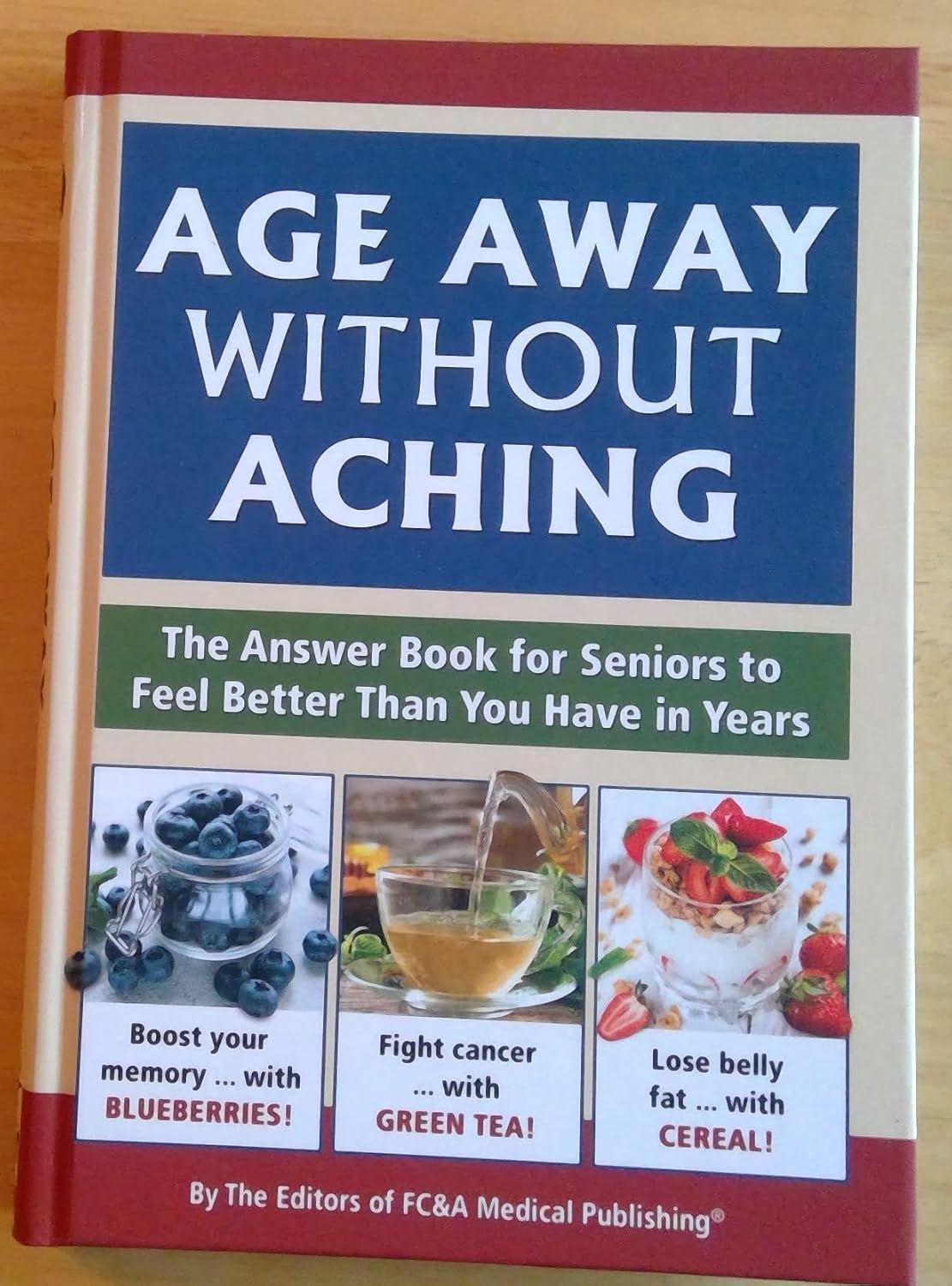Unlocking Vitality: The 3 Essential Vitamins for Those Over 60
As we age, our bodies undergo numerous changes that can impact our overall health and well-being. For individuals over 60, maintaining optimal health is crucial—not just for longevity, but for enhancing the quality of life. One of the most effective ways to support your health is through proper nutrition, particularly by ensuring adequate intake of essential vitamins. In this guide, we’ll explore the three most important vitamins for seniors, their recommended doses, and how they contribute to a healthier, more vibrant life.
- Vitamin D: The Sunshine Vitamin
Why It Matters: Vitamin D plays a pivotal role in maintaining bone health, enhancing immune function, and supporting cardiovascular health. As we age, our skin becomes less efficient at synthesizing vitamin D from sunlight, leading to an increased risk of deficiency.
Recommended Dose: For adults over 60, the recommended daily allowance (RDA) for vitamin D is 800 to 1,000 International Units (IU). However, some experts suggest higher doses may be needed for those with limited sun exposure or specific health conditions.
How to Get It: While spending time outdoors can help your body produce vitamin D, it’s not always feasible. Fortified foods (like milk and cereals), fatty fish (such as salmon and mackerel), and supplements are excellent sources to ensure you meet your daily intake.
- Vitamin B12: The Energy Booster
Why It Matters: Vitamin B12 is essential for the production of red blood cells, DNA synthesis, and maintaining healthy nerve function. Unfortunately, as we age, our ability to absorb this vital vitamin diminishes, putting seniors at risk of deficiency, which can lead to anemia and cognitive decline.
Recommended Dose: The RDA for vitamin B12 for those over 60 is 2.4 micrograms per day. If you follow a plant-based diet or have absorption issues, you may need to consider supplementation.
How to Get It: B12 is primarily found in animal products, including meat, fish, eggs, and dairy. For vegans and vegetarians, fortified foods or a daily supplement can help ensure adequate intake.
- Vitamin C: The Immune Supporter
Why It Matters: Vitamin C is a powerful antioxidant that plays a crucial role in immune function, skin health, and iron absorption from plant-based sources. It also aids in the repair of tissues and prevents cellular damage, which is particularly important for those over 60.
Recommended Dose: For adults over 60, the RDA for vitamin C is 75 milligrams for women and 90 milligrams for men. Some studies suggest that higher doses can provide additional benefits, especially in supporting immune health.
How to Get It: Citrus fruits, strawberries, bell peppers, broccoli, and spinach are rich in vitamin C. Including a variety of these foods in your diet can help you meet your vitamin C needs while offering many other health benefits.
Conclusion: Prioritize Your Health with Essential Nutrients
Incorporating these three essential vitamins into your daily routine can significantly impact your health as you age. Whether through dietary sources or supplements, ensuring you receive the right amounts of vitamin D, B12, and C can enhance your vitality, boost your immune system, and support overall well-being.
Always consult with a healthcare provider before starting any new supplement regimen, especially if you have existing health conditions or are taking medications. Taking charge of your nutrition is one of the most empowering steps toward a healthier, more active lifestyle in your golden years.
Embrace the joy of aging with confidence—fuel your body with the essential vitamins it needs to thrive!




